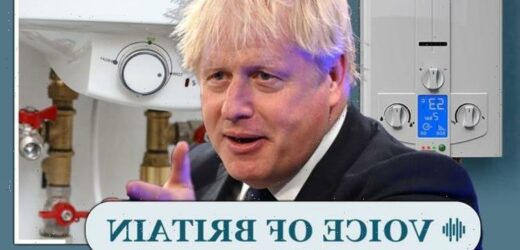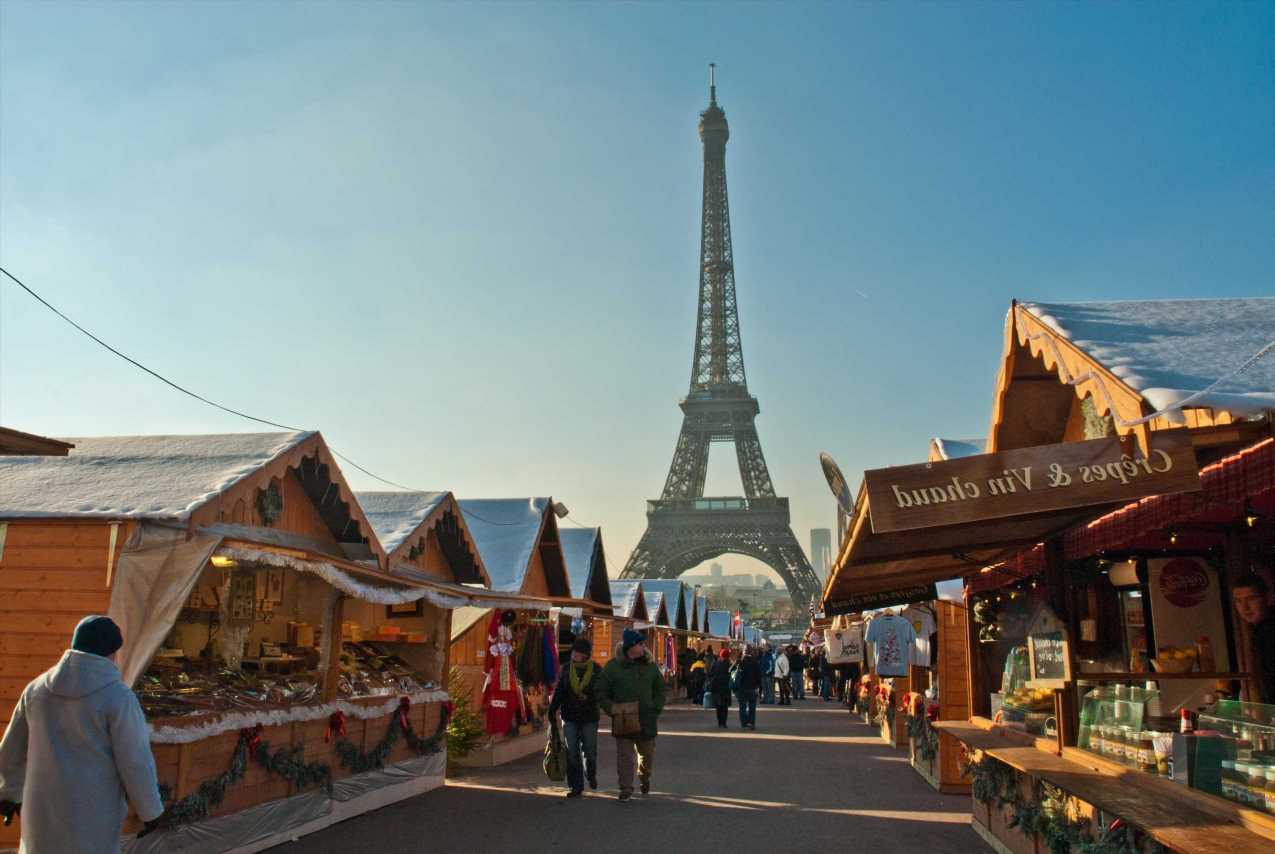Boris Johnson discusses introduction of heat pumps to UK homes
We use your sign-up to provide content in ways you’ve consented to and to improve our understanding of you. This may include adverts from us and 3rd parties based on our understanding. You can unsubscribe at any time. More info
Gas prices have risen by 250 percent since January, and keep on climbing every day, forcing providers like Pure Planet and Colorado Energy to transfer more than 1.3 million households to larger suppliers like British Gas and EDF Energy. These customers are forced to take out new tariffs at higher rates once transferred, which is adding to the rising cost of living for British families.
————————-
The knock-on effects of the gas crisis have highlighted just how reliant Britain is on fossil fuel energy sources.
In fact, the UK uses more gas per year than India, Portugal, Greece, Albania, Norway, Switzerland, New Zealand, and Estonia combined.
But when Express.co.uk asked readers whether Boris Johnson should bring forward his ‘net zero by 2050’ targets, the vast majority said that it would be a mistake.
The main justification readers cited was that the UK has not got enough nuclear power stations or built enough renewable energy farms to support a surge in demand for electricity, to replace gas.
One reader said: “So if we all change to electric heating where is all the extra capacity coming from? Gas-fired power stations perhaps?”
Another argued: “Build nuclear power stations to provide electricity then maybe changes can occur.
“Electric cars, electric heating, and electric lights – forget gas shortage, there will be electricity shortage.”

One of Mr Johnson’s green policies is to ban gas boilers from new-build homes beginning 2035 – a target date that has recently been pushed back from the original goal of 2025.
Instead, biomass boilers that burn wood, condensing boilers that re-use energy created by burning fuel, or heat pumps would be fitted.
The fewer gas boilers there are in the country, the less the country will be shaken by gas shortages, which will only rise in the coming decades as fossil fuels run out.
Some have questioned why the ban is not coming into effect immediately.
But in a poll of 6,030 Britons, held from October 15 to 18, 92 percent of voters said Mr Johnson should not bring forward plans to ban gas boilers in new-build homes.
Many voters were concerned about the cost to install and run green alternatives like biomass boilers, condensing boilers and heat pumps.
In fact, 70 percent of voters were so opposed to the idea of scrapping their gas boilers that they said they would not switch to a green boiler even if their gas bills doubled.
DON’T MISS:
E10 POLL: Should Boris cut VAT on fuel as prices hit record high?
Marine scientist’s ‘phenomenal’ coral find at Pacific nuclear site
Covid Plan B: New restriction not ruled out as Delta Plus sparks panic
An automatically-fed pellet biomass boiler costs between £10,000 – £19,000, including boiler installation costs.
Whereas fitting a condensing boiler in the same position that your gas boiler was in costs about £2,000 including installation, and installing it in a different location will cost roughly £3,000.
Gas boilers actually cost more to run per year than green boilers.
The alternative energy source, heat pumps, are effective in temperatures as low as -15C, but start from a pricey £10,000.
Last week, however, the Government announced a landmark green scheme to provide families with a £5,000 grant to buy heat pumps for their homes.
Though purchasing a heat pump may lighten your conscience, as heat pumps drastically reduce a household’s carbon footprint, they do cost about £400 more to run per year than gas boilers by using up a lot more electricity.
One reader was highly critical of Mr Johnson’s push for heat pump installation on the grounds that nuclear power currently only provides 20 percent of the UK’s energy, and therefore could not yet support a huge spike in electricity demand.
They said: “If Boris gets his vanity programme started with no coal or gas, and relying on wind power, we are screwed.”
However, 40 percent of the UK’s power was sourced from renewable energy in 2020, and this figure is only set to rise with Mr Johnson’s ambitious net zero plans and is likely to power tens of millions more households across the country.
Currently, major energy company Bulb supplies more than 1.5 million households with 100 percent renewable electricity powered by solar, wind, and hydro farms.
Many other industry giants are sure to follow in Bulb’s footsteps.
Do you agree that renewable energy can power Britain completely by 2050? Let us know what you think in the comments below.
Stay up to date with science news, discoveries and breakthroughs by signing up for the free newsletter here: /newsletter-preference-centre
Source: Read Full Article


